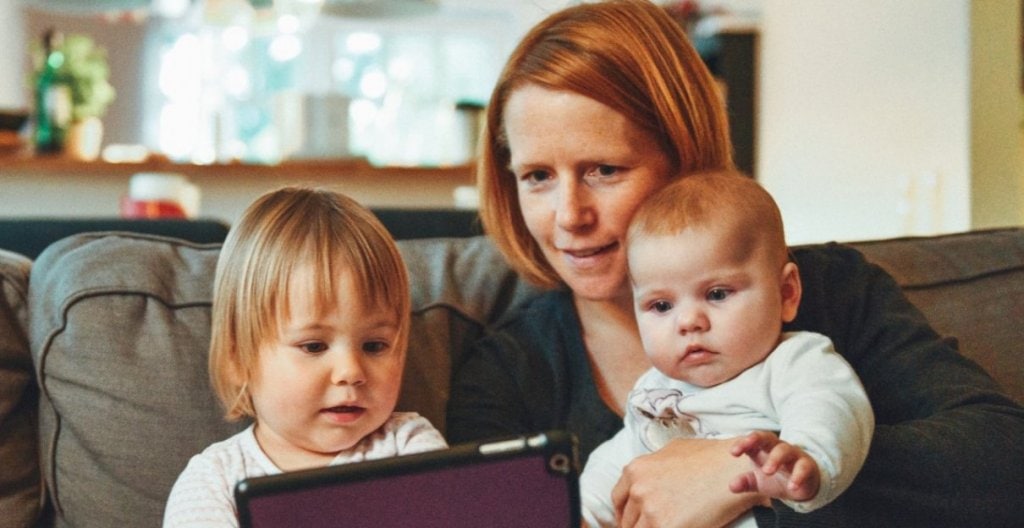“It’s the root of all evil.” “It’s what makes the world go ‘round.” “It can’t buy happiness and it doesn’t grow on trees.” At some point in your life, you’ve probably heard, or said, at least one of these aphorisms during a conversation about money. In fact, many of us heard phrases like these when we were children and, as adults, many of us have repeated these same words to our offspring.
However, we at The Humphreys Group believe money talk should go far beyond pithy observations, especially when it comes to discussing and teaching our children about financial stewardship.
We know money can be an emotional issue, tied to early lessons and conversations (or the lack thereof) about it among family members. But research has shown that, by age 3, children begin to gain an understanding about the power and influence of money — so the sooner they begin their financial education is likely the better.
To instill financial stewardship in your children, we suggest starting with simple lessons and tools; for instance, a piggy bank is a tried and true “first savings account.” Providing financial lessons at an early age can also help set your children up with a secure, healthy outlook and approach to financial issues by the time they reach adulthood. Forbes writer Laura Shin outlines how lessons can evolve into more sophisticated and nuanced ones as children age; teens can engage in discussions about college costs and student loans, credit cards and debt, and investment interest.
For those wondering how to begin sharing lessons about money and money management with their children, here are some ideas, including insights culled from several subject matter experts:
1. Play Games
Finance veteran Jim Brown suggests games like “Let’s Go Shopping” and “How Much Does It Cost?”. Games not only teach children about the price of items in a spirit of fun and creativity, but also strengthen math and budgeting skills, and create opportunities for families to talk about the value of products and work.
2. Discuss Money in Everyday Conversations
Conversations related to spending, earnings, bills and other areas of daily financial life can help lessen the mystique and stress that often surround money matters, writes personal finance author Camilo Maldonado.
Teachable moments — from discussing a water bill to analyzing cell phone service, and everything in between — can also help expand your child’s understanding of living costs and increase their comfort with asking questions about money, according to CNBC’s Nicole Spector. They’ll certainly better understand there’s good reason for the saying, “Money doesn’t grow on trees.”
3. Work on Budgets Together
Understanding living costs and household financial obligations is a great place to begin a conversation with children about budgets, according to Brown and other subject matter experts. Because such conversations often depend on your child’s age(s) and your and your partner’s comfort levels, parents should ultimately determine if, how and when they will expose children to their bill-paying and budget behaviors. With an older child, working to create their own budget is another hands-on way to demystify money matters and educate that child about establishing solid financial behaviors and practices.
4. Demonstrate How to Make the Most of Money
Opinions vary about whether to give children a routine allowance that increases with age and responsibilities, have them engage in what Dave Ramsey calls “commission”-style paid work or forgo allowance altogether. The decision is ultimately a parental and household one.
But other financial subject matter experts, including Maldonado and others mentioned in this post, widely agree on another point: Money children earn while living at home (including financial gifts for milestones such as birthdays and graduations, and paychecks from part-time jobs) provides great opportunities to learn how to establish beneficial habits in the areas of saving, spending, investing and donating.
At The Humphreys Group, we are well aware that many of us continue to work on developing our own best practices when it comes to money, and ensuring that our goals and values align with our investment plans and strategies. For more information on how we can help you share the lessons you’ve learned and teach your children about financial stewardship, contact us today.
























